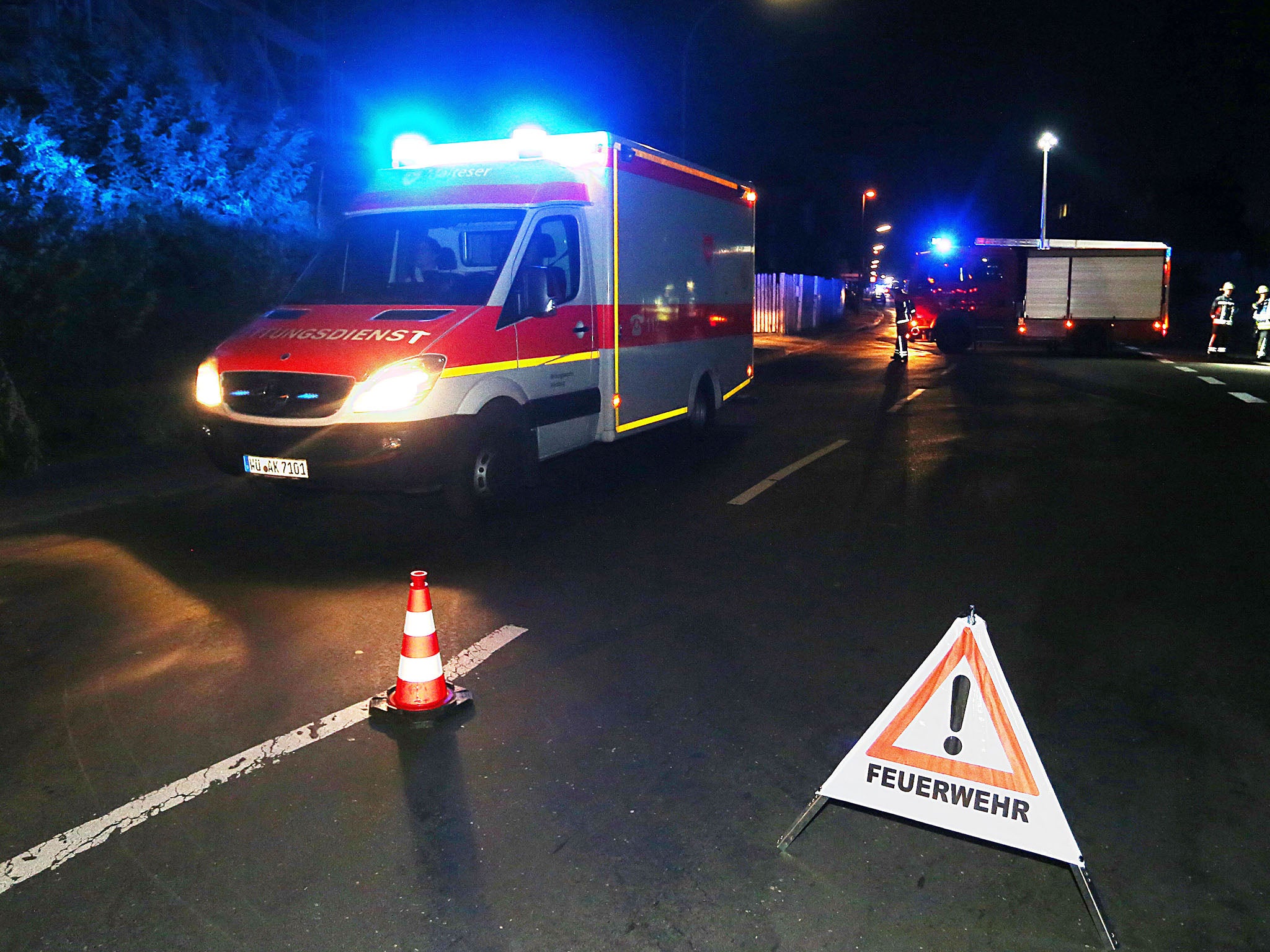We shouldn’t let the attack in Germany taint our view of refugees
We use childhood experiences to understand the behavioural problems of our own citizens, so why do we not expand our compassion to young and traumatised refugees?

Your support helps us to tell the story
From reproductive rights to climate change to Big Tech, The Independent is on the ground when the story is developing. Whether it's investigating the financials of Elon Musk's pro-Trump PAC or producing our latest documentary, 'The A Word', which shines a light on the American women fighting for reproductive rights, we know how important it is to parse out the facts from the messaging.
At such a critical moment in US history, we need reporters on the ground. Your donation allows us to keep sending journalists to speak to both sides of the story.
The Independent is trusted by Americans across the entire political spectrum. And unlike many other quality news outlets, we choose not to lock Americans out of our reporting and analysis with paywalls. We believe quality journalism should be available to everyone, paid for by those who can afford it.
Your support makes all the difference.News of an Afghan teenager attacking passengers on a train in Germany with an axe and a knife has led to fears it will fuel anti-migrant and refugee sentiment in the country.
Germany’s Chancellor, Angela Merkel, has been a staunch defender of the country’s open-door policy toward refugees. Migrants registering in Germany reached a record high last year, totaling over 1.1 million. This marks a 49 per cent increase from 2014. The UK pales in comparison, taking in less than half of the 38,000 migrants who requested asylum last year.
However, the tone in Germany is beginning to change following the New Year’s Eve attacks on women by migrants in Cologne. The events led to widespread calls for Germany to close its borders, demands for civil patrols, and a rise in the sale of pepper spray and non-lethal gas pistols among locals. Merkel’s CUD party suffered massive losses in the country’s three regional elections in March this year, which was widely interpreted as disagreement with her open-door policy.
The pressure mounting on Merkel led to a sharp and unexpected departure from her liberal approach to immigration. Earlier this year she proposed plans to ban EU migrants from unemployment benefits for five years after entering Germany.
But Germany – like the rest of Europe – shouldn’t let itself be swayed by these isolated incidents involving migrants. Across Europe our reaction to these events shows how fickle we are when it comes to the movement of people.
Last year the image of two-year-old Alan Kurdi from Syria, washed up on a Turkish shore while his family was trying to flee to Canada, led to impassioned calls for the government to do more for migrants.
The public must be more measured in its response to attacks involving migrants. Any conflation between the attacker in Germany and the millions of displaced migrants around the world is problematic. In the minority of cases were migrants are aggressive – we should apply the forward-thinking approach we take with our own citizens. Research has found that almost a third of the prison population have suffered childhood abuse, and almost half came from homes in which they either experienced or witnessed violence. The UK government has invested millions in the recognition of early intervention to prevent problems later in life.
Crime, mental health and unemployment – these are all the product of social problems. Trauma in our formative years is well understood to be a catalyst for misbehavior, crime, drug and alcohol abuse and much more. The trauma experienced by any young migrant to Europe should be taken into account as much as we use childhood experience to understand the behavioural problems of our own citizens.
Join our commenting forum
Join thought-provoking conversations, follow other Independent readers and see their replies
Comments